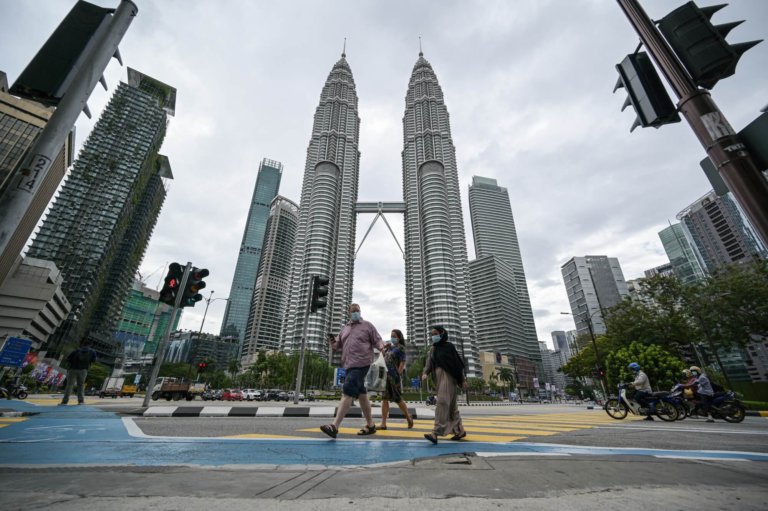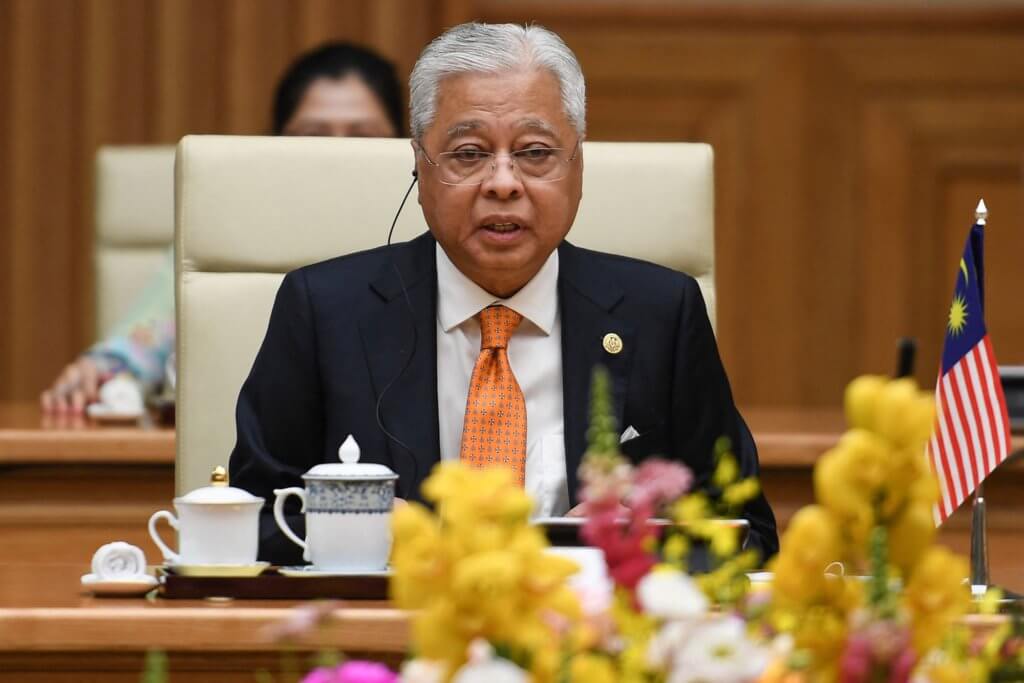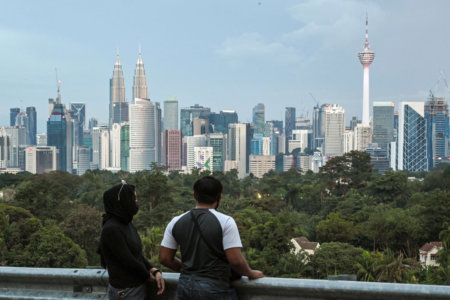
In a bid to elevate Malaysia’s national language at the international level, international students will be required to learn Bahasa Malaysia when enrolling at Malaysian universities, said Malaysian Prime Minister Datuk Seri Ismail Sabri Yaakob recently.
Yaakob has instructed the Higher Education Ministry to make the Malay language a compulsory subject for foreign students studying at local institutions, reported the New Straits Times.
In a separate report, Yaakob hoped the country’s national language would become Asean’s second language, adding that the Malay language is the seventh most widely used language globally, with over 300 million people in Asean speaking it.
Channel News Asia reported Yaakob saying that apart from Malaysia, Bahasa Malaysia is already used in several Asean countries, including Indonesia, Brunei, Singapore, Southern Thailand, Southern Philippines and parts of Cambodia.

Malaysian Prime Minister Datuk Seri Ismail Sabri Yaakob said Bahasa Malaysia is already used in several Asean countries, including Indonesia, Brunei, Singapore and Southern Thailand. Source: Nhac Nguyen/AFP
During his recent visit to Cambodia, he was informed there were 800,000 Malay-Chams who used Malay and in Vietnam, there were some 160,000 Malay speakers among those of Malay-Cham ancestry. There is also a small population of Malay speakers in Laos, he added.
“Hence in the whole of Asean there are people who can speak Malay. Therefore there is no reason why we cannot make Malay as one of the official languages of Asean,” Yaakob was quoted saying. He added that he would discuss the matter with his Asean counterparts, particularly those that have populations who speak Malay.
The move to require international students to learn Bahasa Malaysia when they enrol at Malaysian universities drew flak from some parties, including ministers and former ministers in the country.
Kepong Member of Parliament Lim Lip Eng was quoted saying by Focus Malaysia that any important decision should only be done in consultation with the local higher learning institutions.
“The higher education ministry should carry out [a] proper survey to look at the feasibility of implementing Bahasa Malaysia as a compulsory requirement for international students,” he was quoted saying. “How many local higher education institutions did the government talk to before this new requirement was made?”
1. Empowering Bahasa Malaysia is not going to help Malaysians progress in the modern world, says former minister Rafidah Aziz.
“Even if you are so good in Malay and are good at speeches or poetry, but the contents of what you deliver is nothing, what is the point?” https://t.co/nUUyjMUD0C pic.twitter.com/dCK1bCs6Dt
— BFM News (@NewsBFM) March 27, 2022
Malaysian universities rising the ranks in university rankings
Malaysia is a growing education hub. The country is home to a number of public and private universities, as well as international branch campuses. These include Monash University, University of Nottingham, Curtin University, Swinburne University of Technology and Heriot-Watt University Malaysia.
Among the top-ranked Malaysian universities include Universiti Malaya, Universiti Putra Malaysia and Universiti Kebangsaan Malaysia, each ranked 65, 143 and 144 respectively by the QS World University Rankings 2022. A total of 17 Malaysian universities were listed in the Times Higher Education (THE) Young University Rankings 2022, compared to 12 in 2021.
Separately, a recent report found that Malaysian universities have seen an uptick in international student applications for PhD programmes. According to Education Malaysia Services (EMGS), 2021 saw a total of 11,161 international applicants for the Doctor of Philosophy (PhD) programme in public and private institutions. Compared to 2020, the application numbers have almost doubled, with only 6,348 applications received in that year.
“Over the recent years, Malaysia has become the education hub of choice for international students seeking higher education,” read EMGS’ statement. “It is interesting to know that a relatively large number of international students are currently pursuing PhD in Malaysia.”
Previously, Yaakob announced that Malaysia would reopen its borders to international travellers from April 1, 2022. Those who are fully vaccinated will not need to quarantine upon arrival. Travellers must take an RT-PCR test two days before flying, and a rapid test (RTK) upon arrival in Malaysia.










